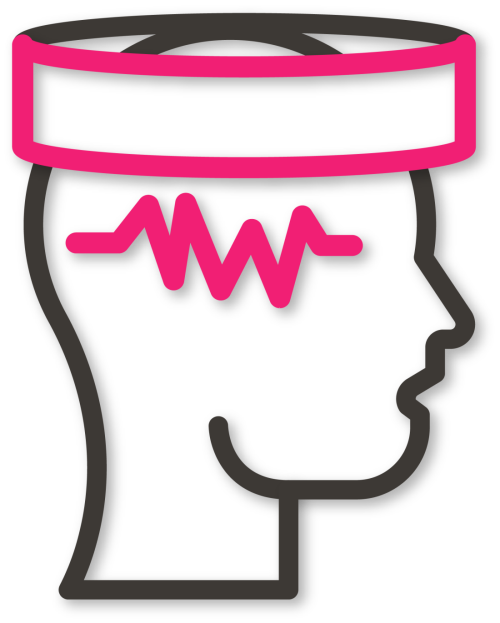
Neuroscience Surveys
Recognition is a key part of acknowledgement, which helps drive our happiness. This is linked to the Emotional brain system in our neuroscience model.
If you've just landed on this page, we recommend reading our introduction to brain systems and the neuroscience themes for more context. Otherwise, read on for everything you need to know about how recognition drives employee happiness and why it is so important in the workplace.
Recognition is a fundamental human need. We need to feel acknowledged, our work valued, and to see its connection to something larger than ourselves. It is not about being competitive or bolstering our egos; it is about knowing our hard work makes a difference, and our peers, partners, and leaders acknowledge it.

When we show appreciation to the people who make things happen - especially those who do all of the work behind the scenes and don't get public recognition - we remove barriers and open silos. Recognition puts a smile on the faces of those receiving it. When done publicly, it can be even more powerful (depending on the individual).
Recognition has to be instinctive. It should be seen as a company tradition and part of the culture and mission. It doesn't cost anything to praise a colleague, to give them a round of applause or a thank you.
Generally, people want the same things out of any relationship - to be valued as human beings. However, recognition and specifically how people want to be recognised has the highest standard deviation in the data. It is extremely important to understand different people want to be recognised in different ways. Every single human is different and has a different interpretation of recognition.
One of the most powerful forms of recognition is peer-to-peer. The second most powerful from line management using peer-to-peer within the team. It costs absolutely nothing to do it. When you come out of a meeting, take the opportunity to reflect and say something like, “what you said was brilliant,” or “you’ve changed the mindset.” It costs nothing and reaps great returns.
Being authentic is a big challenge because many people think it’s instinctive, but often it’s not. Short, sharp messages that are heartfelt from the line manager or a colleague challenge the norm. If you implement automated recognition, relating to the length of service or a specific achievement, it’s quite a formula, but is it authentic? It is very easy to go with formulas and processes in a very large organisation, but you should do something else to keep it personal.
It’s the difference between doing something personal - such as handwriting a thoughtful post-it note versus a generic email. Take the time to say "congratulations" or comment on something someone says. Use praise words in front of other people when you can. Recognition from the authentic heart is personal because it means you’ve taken the time to know something about that person.
We want respect from our peers and recognition for our accomplishments. Not out of vanity or selfishness, but of an earnest desire to fulfil our personal potential.
- Ryan Holiday
Gather people for a roundtable discussion to see how they want to be recognised. Collecting this information across your hierarchy is so powerful. The Happiness Index can help gauge that feedback, but the premium is leadership listening to the feedback and becoming engaged in it. This is what recognition is all about.
Recognition should be designed from the bottom up to align with the organisation's values. The values are set by the organisation, but recognition fits within those values. Every single person throughout the organisation should be involved in the recognition piece discussion.
Consider these questions:
What should recognition look like, and how can the organisation bring it to life?
Do you need a budget to support it? If so, how is it funded?
Does it become self-service or a cost-neutral budget because of the benefits of a proper recognition system?
It's how you answer these questions and set the intentions which will make it cost-neutral for the organisation.
We should feel comfortable within the organisation to express ourselves and feel heard. This is visible when we can equally give and receive recognition. A new hire should recognise the organisation for the opportunity to work there and the training they receive. While the organisation should recongise the new hire for their trust and for joining the team. This should feel natural, not scary. Recognition should start from day one, personalised at the beginning of the journey.
**This is an excerpt from the Happiness and Humans Podcast with Simon Berry, a recognition expert & consultant with over 25 years experience. Listen to the full podcast here.

Linked to Happiness in our neuroscience methodology... learn more
The Happiness Index helps organisations measure the key employee engagement AND happiness drivers to power their people strategy.
Our unique platform offers the products, insights and tools to shine a light on your cultural health and empower management to drive thriving cultures.
Our neuroscience-based pre-built surveys measure the full employee experience - from onboarding to exit to empower and enable organisations to understand their people and create data-led action plans.
